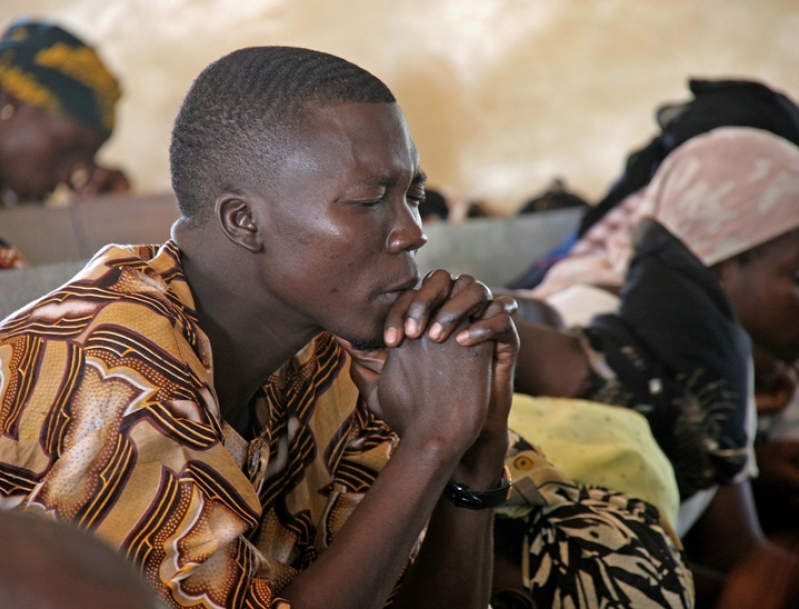
A pastor was among those killed when two female suicide bombers believed to be associated with the terrorist group Boko Haram blew themselves in a Nigerian city.
According to persecution watchdog World Watch Monitor, a female suicide bomber blew herself up outside the Bakassi IDP camp, housing an estimated 16,000 people last week, killing five men. Within 30 minutes, another bomber detonated explosives near a fuel depot. Military spokesman Col. Mustapha Anka said the bomber was driving the taxi and following a fuel tanker "with the sole aim of gaining entry to cause maximum damage and casualty."
A total of nine people were killed, including the pastor, who belonged to the Church of Christ in Nigeria (COCIN), and twenty-four injured.
"While we commiserate with the families of the late victims of this cruel act and wish those injured speedy recovery, we would like to assure the public that efforts are ongoing to track those behind the dastardly acts," an army spokesman said.
"However, it is equally important to reiterate the need for more vigilance and security consciousness among all."
Established in 2002, Boko Haram initially focused on opposing Western-style education. However, under the leadership of Abu Musab al-Barnawi, the terrorist group became more radical, carried out more killings and swore allegiance to ISIS in March 2015. The terror group also aims to impose a stricter enforcement of Sharia law across Africa's most populous nation, which has a Christian-majority south and a Muslim-majority north. Today, Boko Haram refers to itself as IS' "West African province".
Over the past seven years, the group has killed more than 20,000 people and drove more than 2.5 million from their homes, and still stages suicide bombings in northeast Nigeria and neighboring Cameroon, Niger and Chad.
In August, al-Barnawi, who was previously spokesman for the Nigerian-based Islamists and took over as head of the group in 2009, said Boko Haram "remained a force to be reckoned with" and said it had been drawing new recruits - all of whom had vowed to to fight "Christianization of society."
Instead of targeting fellow Muslims at mosques and marketplaces, Boko Haram will focus on attacking Christian humanitarian groups that"exploit the condition of those who are displaced under the raging war, providing them with food and shelter and then Christianizing their children."
Al-Barnawi says the militants will respond to that threat by "booby-trapping and blowing up every church that we are able to reach, and killing all of those (Christians) who we find from the citizens of the cross."
He also said that under his leadership, the militants will work to take back territory. The group, which lost most of the territory it controlled 18 months ago, is fighting to overthrow Nigeria's government.
According to the Global Terrorism Index released last year, Boko Haram was the world's deadliest terrorist group in 2014.
That year, the GTI said, Boko Haram was responsible for 6,644 deaths, compared with ISIS, which was responsible for 6,073.






